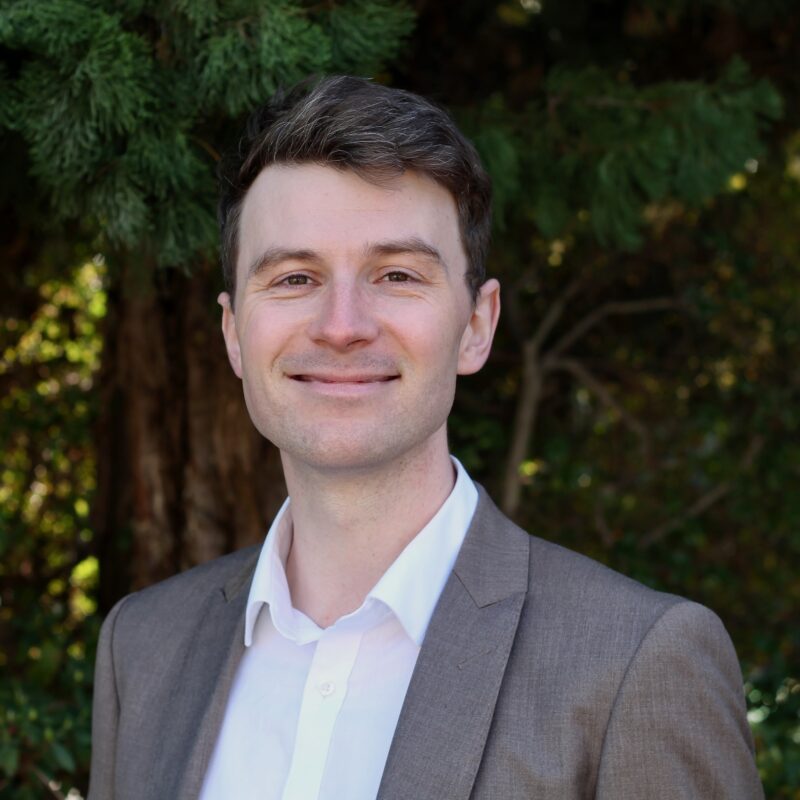Listen to an episode featuring Thomas Brotherhood:
Creating accessible and inclusive EMI classrooms using narrative podcasts
by Thomas Brotherhood
Assistant Professor
Rikkyo University, Japan
Academics frequently find their teaching and research activities influenced by changing national and institutional priorities. For my part, as a foreign-born academic working in a Japanese university, my teaching is deeply implicated in Japan’s ongoing process of internationalization and particularly the recent embrace of courses taught in the medium of English (EMI). This rapid expansion of EMI poses a significant challenge for academics in Japan that may be familiar to readers: adapting teaching materials and methods to students with increasingly diverse backgrounds and educational needs.
Appropriate pedagogy for classes of local and international students is the source of trepidation for some, but also boundless potential. As a recent systematic review revealed, there has been a tendency to focus on perceived “deficits” of international students, the “barriers” to integrating them into our classrooms, and the “challenges” the students may face as a result. However, this “deficit thinking” may also squander the opportunities that a diverse student body offers for active and innovative pedagogy that, crucially, could create accessible and inclusive spaces for all our students. While differences in cultural and linguistic backgrounds are real, teachers can reframe these differences as a pedagogical asset by transforming the learning process and placing the goals of internationalization alongside the content- or skills-based goals of the class. Specifically, integrating explicit opportunities for both individual and group reflection on curriculum content, that are directly linked to assessment, can support both content knowledge and cultural exchange.
Returning to the Japan case, the new EMI classes mentioned above are also the site of particularly complex disciplinary and linguistic concerns. These classes are concentrated in “general education” and bring together international and local students from any disciplinary background. As a result, it is not unusual to cater for students with a dozen different nationalities, eight different majors, and (natively) speaking a handful of different languages – none of them English! In this context, accessible and inclusive catalysts for discussion that avoid the potential pitfalls of reductive demonstrations of “culture” or “diversity” are exceptionally valuable.
This brings me to FreshEd, and the power of narrative podcasts as a catalyst for the individual and group reflections described above. I have been integrating FreshEd, and particularly the Flux episodes, into EMI general education classes as case studies and the basis for both shared and individual reflection tasks. Flux episodes are perfect for this purpose. These narrative podcasts offer an accessible introduction to specific educational contexts, while embodying authentic voices of students in global Englishes that speak directly to students in EMI classrooms. Critically, the high production quality of the episodes and the transcripts provided make them more accessible to students working in another language than most other case studies available online. These transcripts can easily be paired with vocabulary study and provide the necessary scaffolding to make their content accessible to those with less confidence in English.
Allow me to give some examples and recommendations. First, Flux episode produced by Yanan Yu was the source of enthusiastic and emotional discussions on the theme of “outcomes of education.” While theories for intrinsic and extrinsic outcomes of education are conceptually important, the power of Yanan’s “reveal” which provoked audible gasps from students and animated discussion on class members’ talents that were or were not recognized by different education systems. Similarly, Daniela Hernández Silva’s Flux episode offered a perfect introduction to the theme of “rural inequality.” The experiences of Jose guided students to consider the significance of space in educational trajectories, with his fictional nature allowing students a level of distance and detachment to comfortably share their reflections.
Finally, and my personal favourite, students listened to Mari Casellato’s Flux episode under the theme of “student activism”. Mari’s introduction to youth activism in Brazil provoked discussion on both the targets of student activism in different contexts and, critically, its notable absence in some. Following class, I was particularly struck by a personal reflection from a Japanese student:
I am from the inaka [countryside] and have always had strong feelings about wasting the beauty of nature in Japan, but I was never conscious that these were feelings that I could express publicly. [My classmate] mentioned that [they] might be arrested if they protested the government, but I think in Japan we prevent each other from speaking out. We will be called “uncool” or ignored by our classmates. Either way, we are both silenced.
The quotation above reveals the power of narrative podcasts in offering a shared ground for students to simultaneously explore their diversity and subject knowledge. With appropriate scaffolding and direct links to assessment, such podcasts draw on the potential of mixed classrooms by provoking reflection on the key concepts of the class without reifying students’ differences.
April 1, 2024






